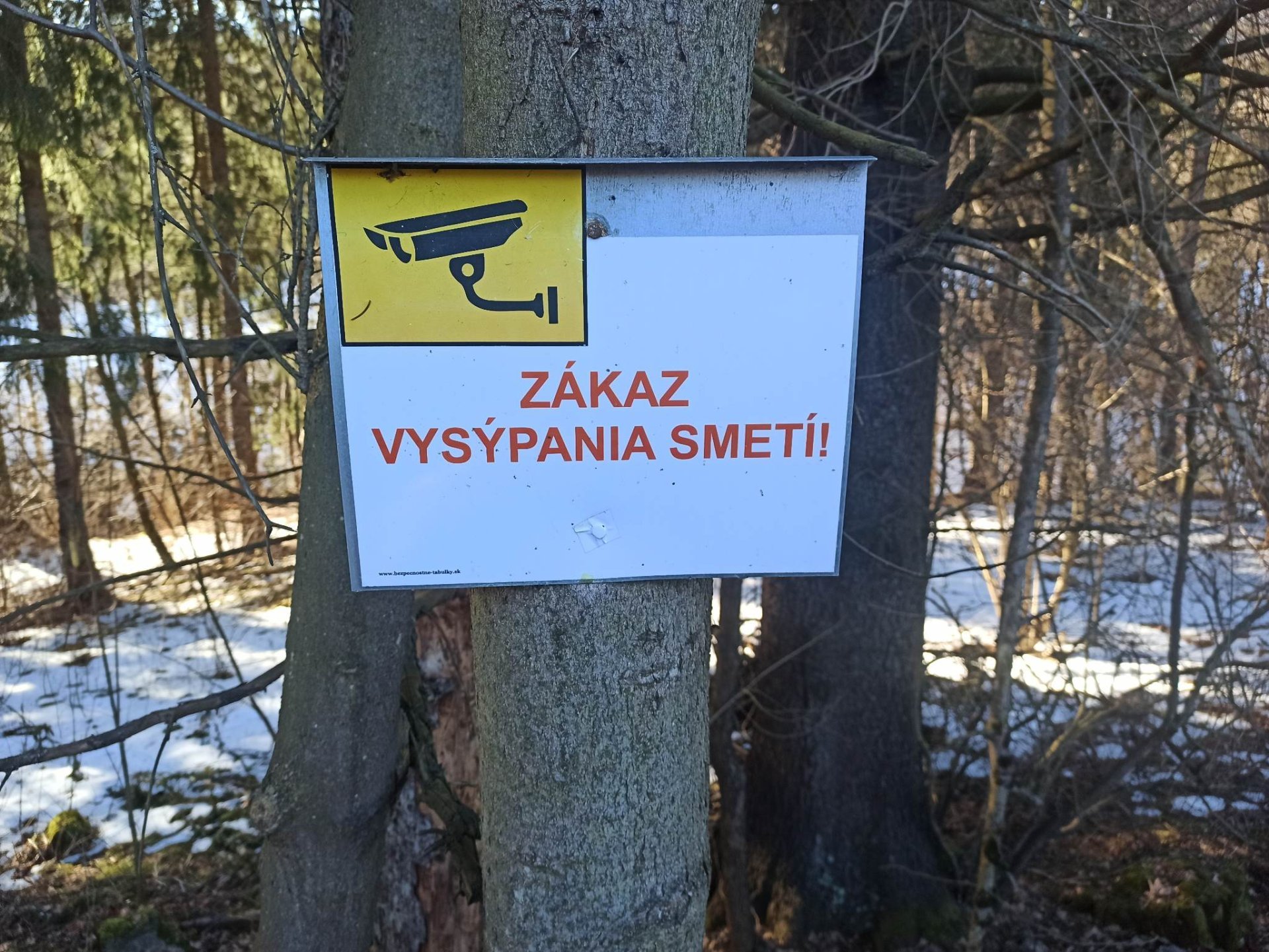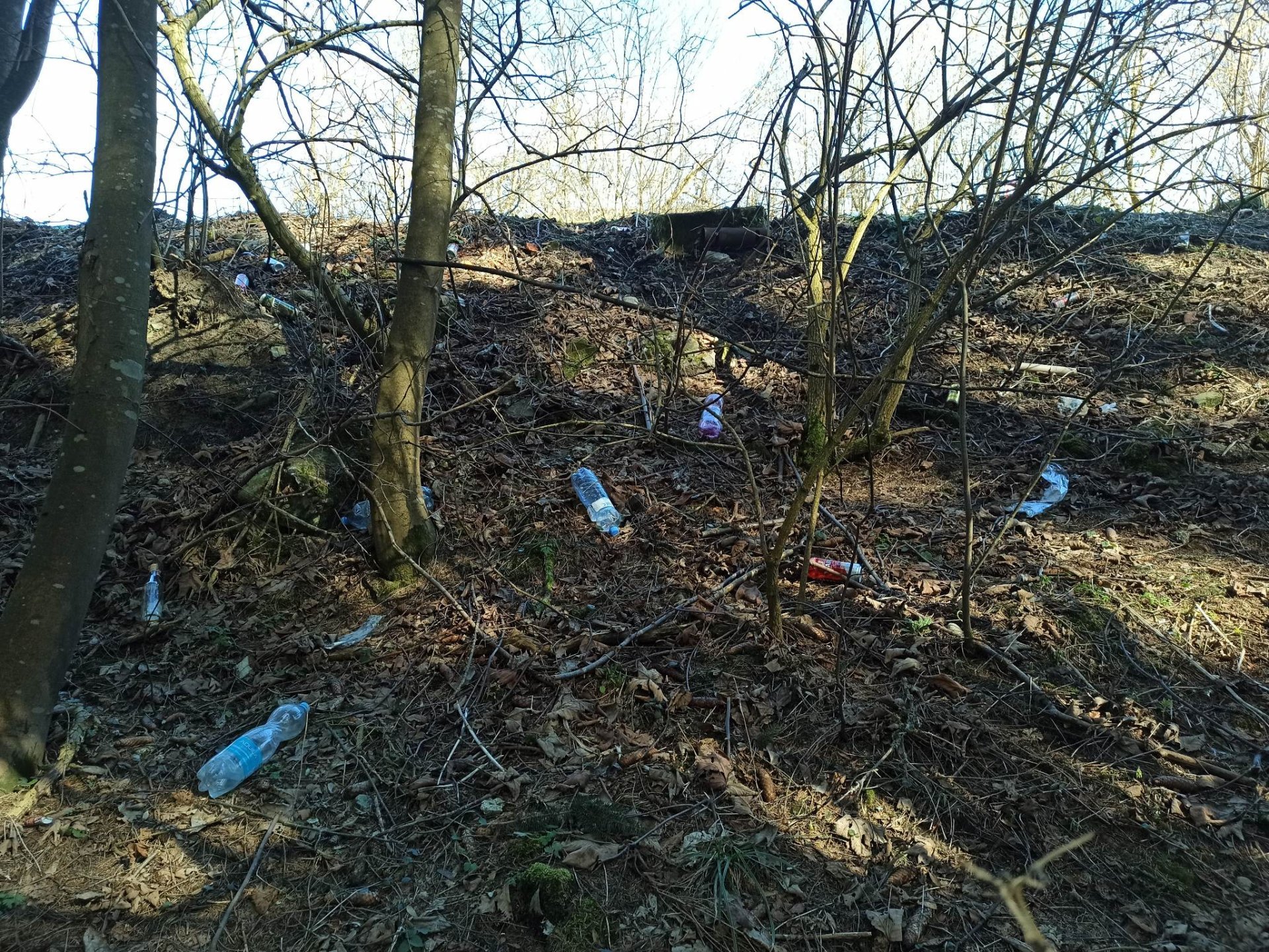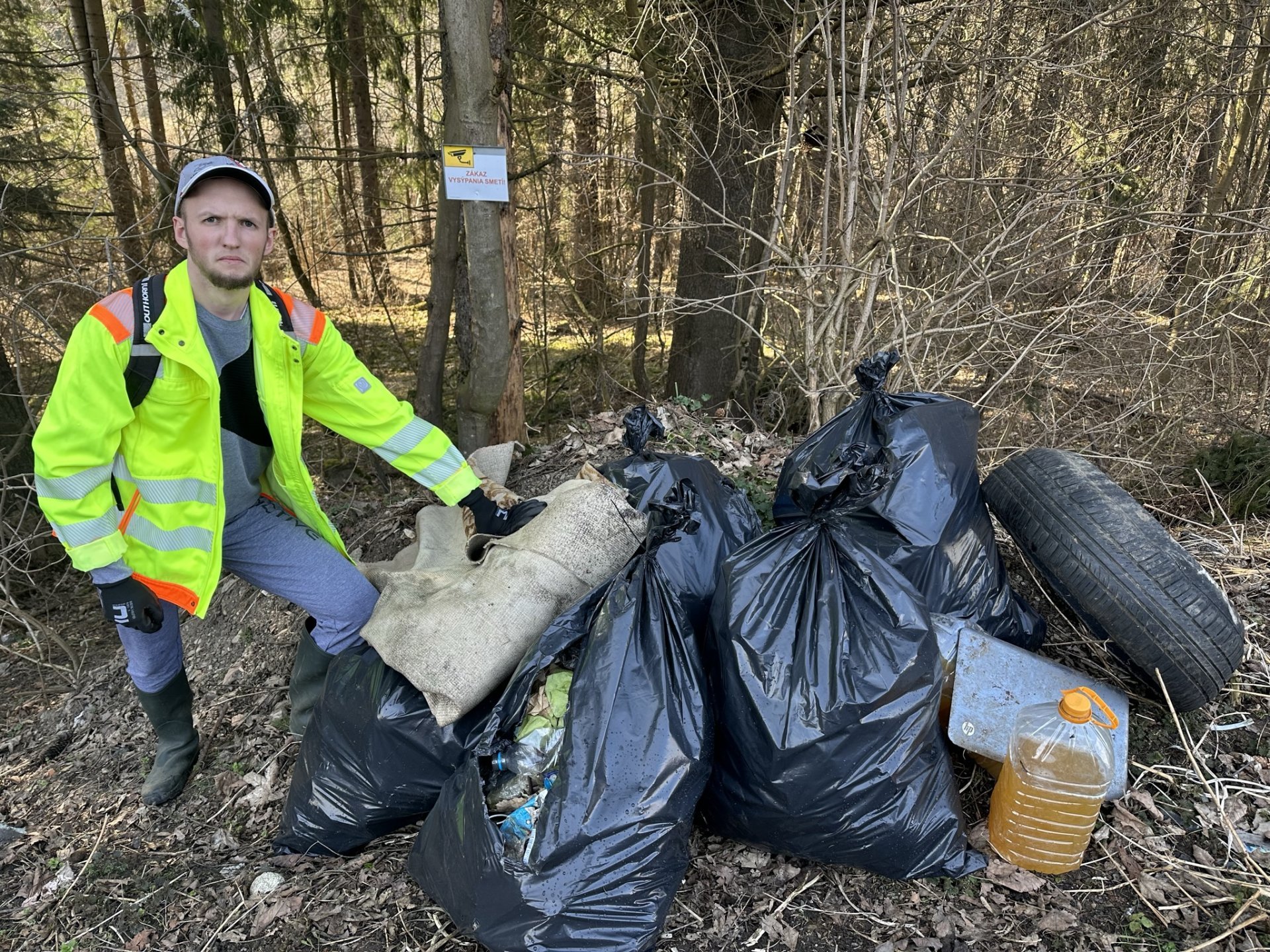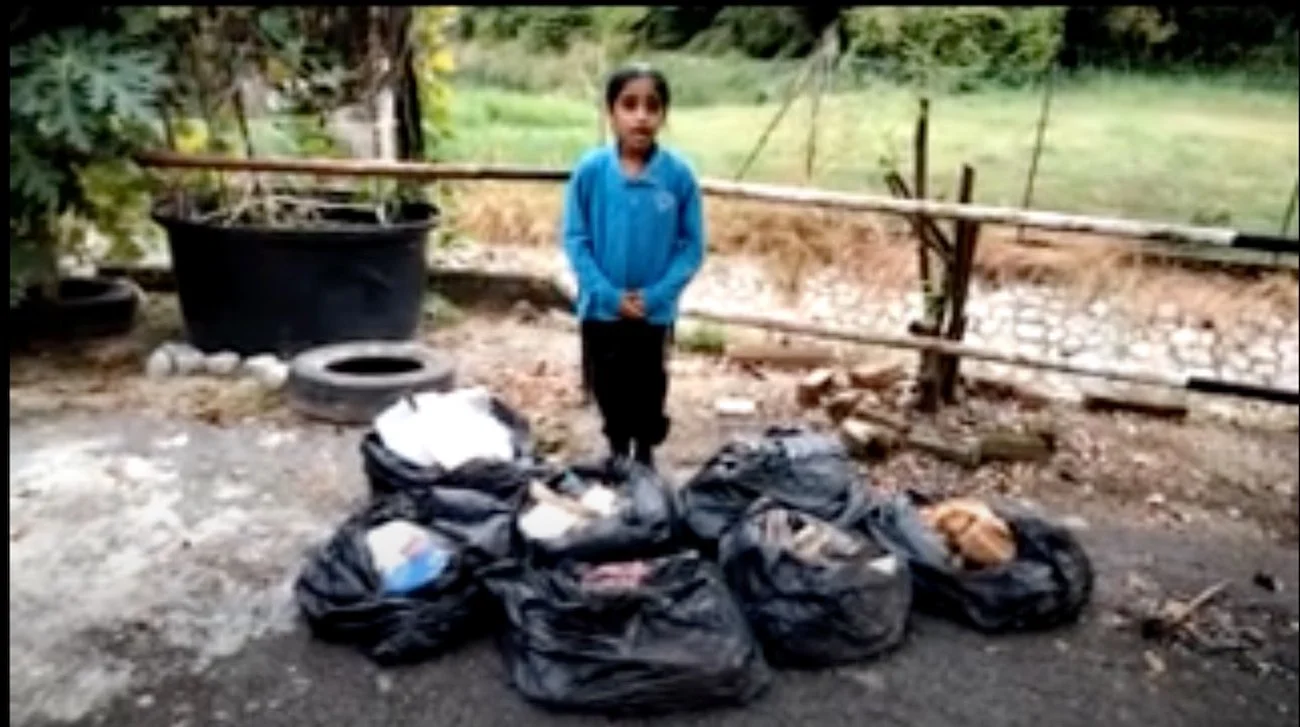Finding an entry point to subjects as broad as pollution and biodiversity can seem challenging. How do you show the link between a local problem and the global one? How do you inspire the reader while focusing on bold solutions, with a broader view of events? Meet winners of the 2023 YRE International Competition and discover their journey through environmental journalism.
WRITING ENGAGING ARTICLES
Emma Venancie and Hugo Marrequeste (France)
Photo credit : istock
🎙 What's the story behind the choice of our subject?
💬 Initially, we wanted to work on the problems of over-visiting nature parks. This was a very broad topic, so we began by interviewing David Leroy, a ranger from the Vercors regional nature park. We asked him about the problems posed by tourism or too many hikers in the parks. It was he who told us about the Black Grouse. Before this interview, we had no idea of the existence of this "snow hen". He told us that this species is particularly endangered because it's so fragile. It doesn't like to be disturbed, especially during its winter resting phase. But with the development of cross-country skiing during the pandemic, David Leroy began to see this as a problem.
This information caught our attention, and as we continued to work on the subject, we realized that it was a central species in the Alps, and a very important one, since it indicates whether other species are doing well. It was at this point that we decided to refocus our subject on the Black Grouse, as it enabled us to tackle all the problems of over-visiting from a much more precise angle.
🎙 Do you have any advice for finding a subject about the environment?
💬 In our opinion, it's important when you start writing a story to focus on a specific subject. It's important to talk about a fairly specific location, such as a region, a department, a mountain range or a town.
On the other hand, focusing on one aspect of a subject in order to talk about a global problem makes it much easier to take ownership of the issue. That's what we did when we talked about the Black Grouse and the problem of over-visiting nature parks. We were able to understand all the issues involved. Then we multiplied our sources by questioning the French League for the Protection of Birds, other nature parks in the department (Isère) and other associations.
We think it's important to focus on a subject that you enjoy talking about and that touches you emotionally. That way, you can talk about it in depth. Finally, it's best to find an original topic. For topics on biodiversity and environments, it can be interesting to focus on a particular species of animal, insect or plant. The aim is to show how humans impact this species while evoking the importance of this animal for the living world.
Discover their article ISÈRE MASSIFS: OVER-VISITATION OF NATURAL PARKS THREATENS AN EMBLEMATIC BIRD.
Lucia Klučárová and Gregor Šturdík (Slovakia)
My mother is a teacher. She receives lots of flowers from her students at the beginning and end of the school year. I have noticed that some of the flowers, especially the roses, are wilted and she has to throw them away. Why is that? I was intrigued by the problem and Gregor and I began to investigate why this was so.
The Young Reporters for the Environment program gave us experience and skills. We can use everything in our everyday life (e. g. taking a photo, asking the right questions...). To look at an issue from various angles. It taught us not only to point out the problem but also to look for solutions to fix it.
Discover their article THE ROSE’S SECRET: A GIFT OF CARBON DIOXIDE.
Mária Jánošíková (Slovakia)
Last year, as a part of my studies at Masaryk University, I visited several bogs and wetlands. These ecosystems are disappearing very fast, even though they play a key role for climate. I’ve seen the problem in my own eyes, and how it looks like when these precious ecosystems are disappearing. And it is us, humans, who are responsible for this loss because we want to use peat in our gardens. Therefore, I decided to write an article and present alternatives to using the peat so that we prevent the loss of these rare and strategic ecosystems.
Being a Young Reporter gives me a chance to show my surroundings the importance of protecting the environment in our country and elsewhere. Environmental journalism is still underestimated and underrepresented, so it is vital to contribute and inspire the others.
Discover her article PEAT-FREE GARDENING: PROTECTING THE CLIMATE.
TELLING A PHOTO STORY
Andrej Zjavka (Slovakia)
Through my photo story “Reading without Comprehension” I wanted to express how much I personally care about nature and the environment and thus inspire others with my example. And to make people more and more aware of how precious our nature and everything in it is.
Discover his photo story READING WITHOUT COMPREHENSION.
CAPTURING AN AUDIENCE THROUGH VIDEO
Lukas Vyhnalík and Nina Šidlíková (Slovakia)
When I was returning from school one day at the train station, there were a large number of cigarette butts in our town. I thought about why they were there and how the problem could be solved.
During the making of the video, we met with various experts directly from the cigarette butt "environment" and we even established cooperation with some of them. We initiated the campaign in cooperation with our city and made new contacts with many people. Today, we are pleased to see how some places in the city are cleaner thanks to the bins that were added after the implementation of our campaign.
Discover their video THEY CONTAMINATE THE SOIL AND FOUL THE ENVIRONMENT.
Hamshini Pathmaruben (Malaysia)
“The Earth, our home is in a dire state, being choked mercilessly with plastic waste, we need your help to clean and heal the Earth.” We, the generation of the 21st century, have a huge responsibility in resolving the mistakes that were made from the past till this very present moment, due to the ignorance of the general public towards the dangers of plastic waste. Let me share with you my story.
The canal in my neighbourhood was constantly littered with plastic waste, despite having good schedule waste management by the local municipal council. It was disheartening to observe the careless attitude of people in treating Earth as a massive trash can. I fear if this continues on, it will only backfire and eventually destroy the entire human population. Hence, I decided to come up with this video, in hopes to raise awareness and educate the people around me, so that we could preserve and protect whatever that is left of Earth. We need to act FAST, we need to act NOW because with every minute that passes, Earth is rapidly declining. So come forth my dear comrades, let’s work together! Throw your plastic waste responsibly! Save our Earth from destruction. We only have ONE Earth! As Katherine Hannigan wisely said, “We don't own the earth. We are the earth's caretakers...we take care of it and all the things on it. And when we're done with it, it should be left better than we found it.
Discover her video MY PLASTIC PANDEMIC STORY.
Thank you to the Young Reporters who have shared their experience with the YRE network and congratulations again for their success in the 2023 YRE International Competition!








